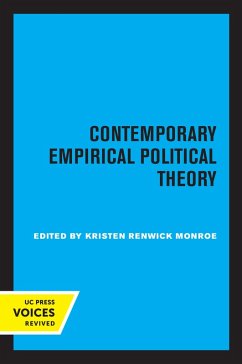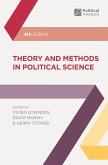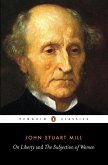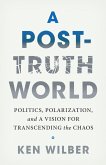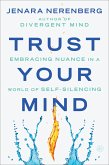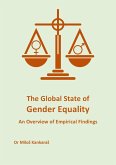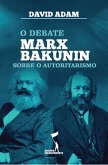How can we best understand the major debates and recent movements in contemporary empirical political theory? In this volume, the contributors, including four past presidents of the APSA and one past president of the IPSA, present their views of the central core, methodologies and development of empirical political science. Their disparate views of the unifying themes of the discipline reflect different theoretical orientations, from behavioralism to rational choice, cultural theory to postmodernism, and feminism to Marxism. Is there a human nature on which we can construct scientific theories of political life? What is the role of culture in shaping any such nature? How objective and value-free can political theories be? These are only a few of the issues the volume addresses. By assessing where we have traveled intellectually as a discipline and asking what remains of lasting significance in the various theoretical approaches that have engulfed the profession, Contemporary Empirical Political Theory provides an important evaluation of the current state of empirical political theory and a valuable guide to future developments in political science. CONTRIBUTORS: Gabriel Almond, David Easton, Murray Edelman, J. Peter Euben, Bernard Grofman, John Gunnell, Russell Hardin, Edward Harpham, Nancy Hartsock, Jean Laponce, Theodore Lowi, Kristen Monroe, William Riker, Ian Shapiro, Alexander Wendt, Catherine Zuckert, Michael Zuckert This title is part of UC Press's Voices Revived program, which commemorates University of California Press's mission to seek out and cultivate the brightest minds and give them voice, reach, and impact. Drawing on a backlist dating to 1893, Voices Revived makes high-quality, peer-reviewed scholarship accessible once again using print-on-demand technology. This title was originally published in 1997.
Dieser Download kann aus rechtlichen Gründen nur mit Rechnungsadresse in A, D ausgeliefert werden.

